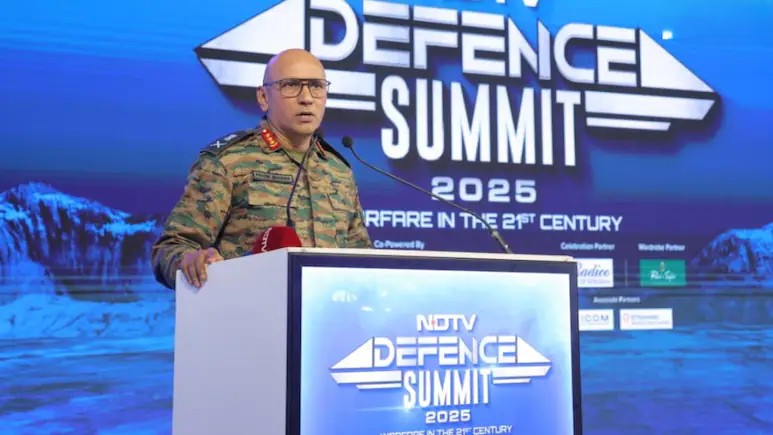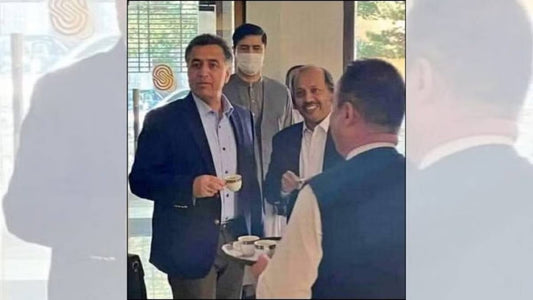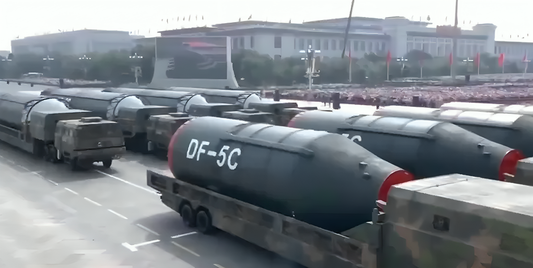Lt Gen Pratik Sharma Highlights Evolving Counter-Terrorism Tactics in Response to Pakistan's Strategy

During the NDTV Defence Summit, Northern Army Commander Lieutenant General Pratik Sharma detailed the evolution of India's counter-terrorism strategies in response to shifting tactics by groups supported by Pakistan. He discussed Operation Sindoor and Operation Mahadev, highlighting the intelligence and operational obstacles faced following the terror attack in Pahalgam on April 22.
Lt Gen Sharma disclosed that on May 7, the Indian military conducted strikes on nine terror camps located in Pakistan and Pakistan-occupied Kashmir. The Army targeted seven camps hidden in the difficult terrain along the Line of Control, while the Air Force focused on those in Muridke and Bahawalpur. "The camps along the LC were very difficult to detect, concealed deep in folds of the hills. Gathering technical or human intelligence was extremely challenging," he remarked.
He accused Pakistan's Army chief, Gen Asim Munir, of "direct provocation" preceding the Pahalgam attack, referring to a speech Munir delivered on April 16 in Islamabad. "This was incitement not only for terrorists but also for the Pakistani Army," he asserted.
Within half an hour of the May 7 strikes, Pakistan breached the ceasefire through cross-border firing. However, Lt Gen Sharma stated that India was ready to respond swiftly. The strikes, which were a response to the killing of 26 civilians in Pahalgam, reportedly resulted in the deaths of over 100 terrorists.
Describing Operation Sindoor as a "masterstroke," Lt Gen Sharma emphasized that it showcased India's capability to take decisive actions without escalating to full-scale war, following precedents like the 2016 surgical strikes and the Balakot airstrikes in 2019.
The commander also recounted July's Operation Mahadev, where three terrorists associated with the Pahalgam attack were neutralized after a 97-day pursuit. He pointed out that terrorists have shifted from urban settings to hiding in caves, hills, and forests, complicating and prolonging operations.
"Gone are the days when we had specific intelligence and could surround a house and neutralize terrorists quickly. Today, operations often stretch beyond 30 days," he explained, emphasizing the evolving nature of counter-terror efforts in Kashmir.



















